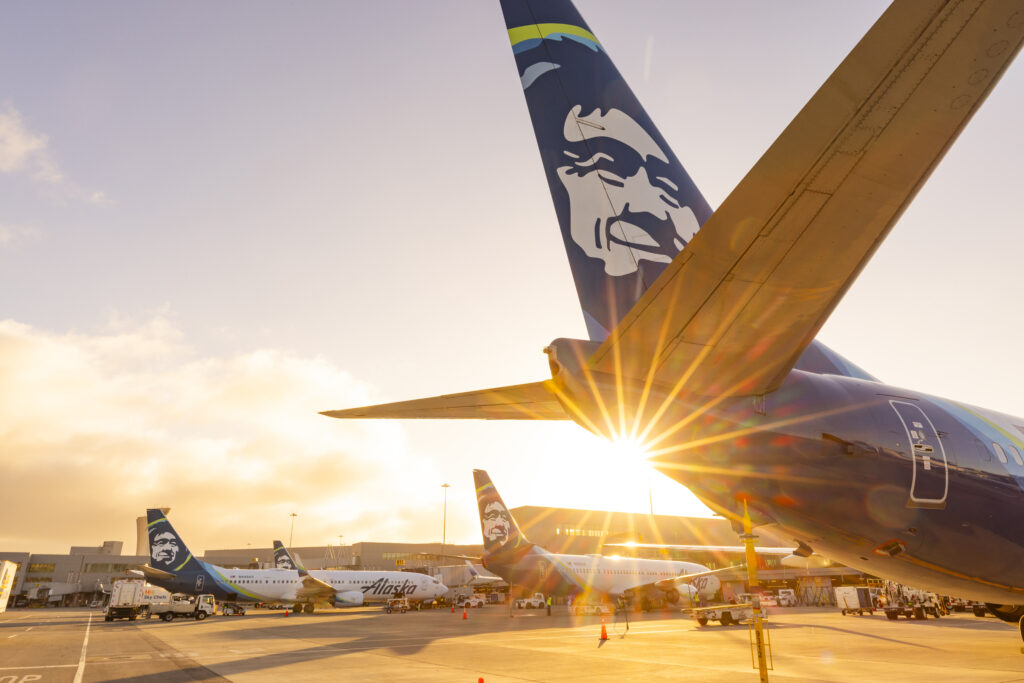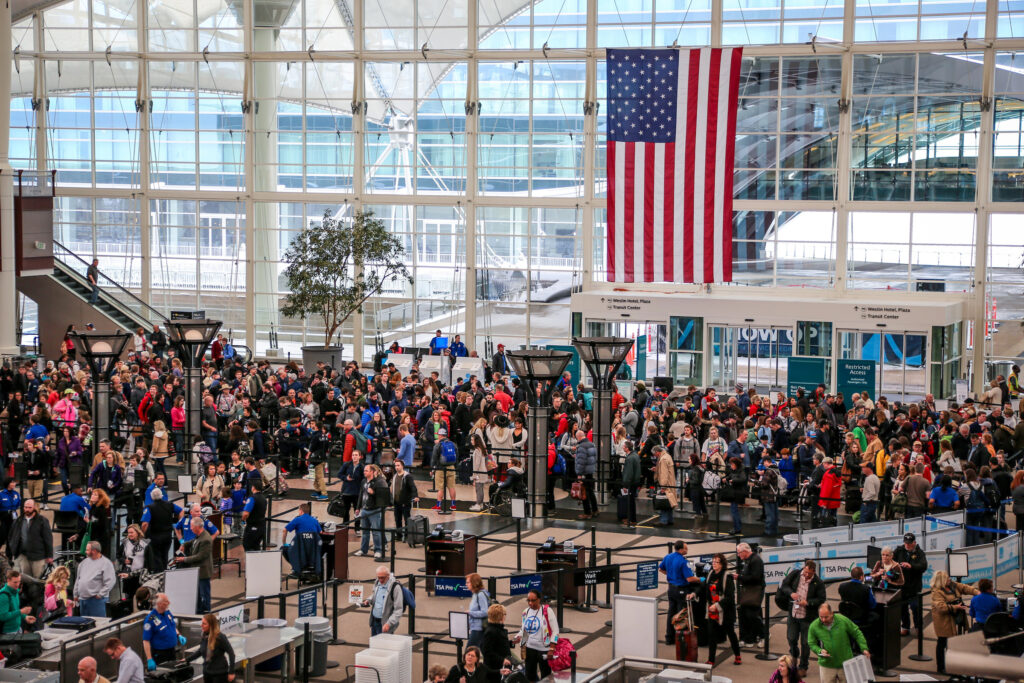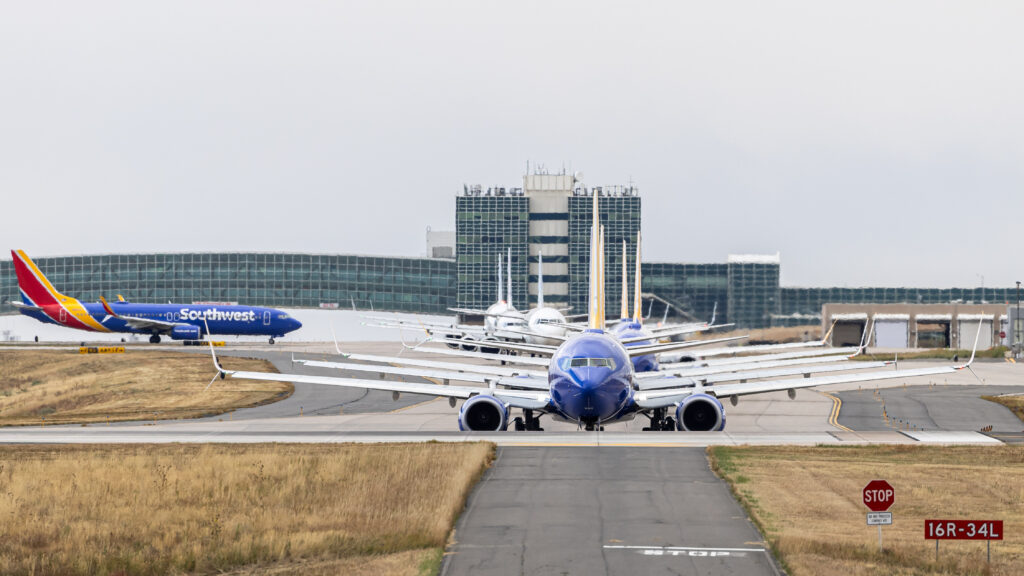Starting as early as January, a flight cancellation or significant delay could mean money in your pocket under a compensation scheme proposed by the Biden administration and the Department of Transportation (DOT).
Under the proposed scheme, airlines would be required to pay a set amount to each passenger on flights they canceled or delay for more than three hours for issues under their control, such as staff shortages and mechanical faults. That’s in addition to covering their meals and overnight lodging.
But the exact details, including the dollar amount of compensation, have yet to be set out.
Advocacy and Rationale Behind the Scheme
“When an airline cancels a flight because of mechanical or staffing issues, the passengers should receive compensation for their troubles,” Senator Ed Markey, who serves on the Senate’s Committee on Commerce, Science and Transportation, said at a meeting in Washington D.C. on Tuesday.
“We can’t make up for the fact that you had to spend nine hours away from your family stuck in an airport or hotel—but we can make sure the airlines are held accountable when it’s something they could have prevented,” added Michael Negron, special assistant to the President for economic policy.
The administration hopes that mandatory compensation will push airlines to perform better and ease passenger woes.
International Precedents
Officials pointed to a similar scheme put in place twenty years ago in the European Union. Airlines automatically hand travelers between €250 and €600 ($275 to $660) for controllable cancellations and significant delays, depending on the flight distance. When operating within the European Union, U.S. carriers pay out under this scheme.

Photo: Courtesy of Guillaume Périgois / Unsplash
Other countries, including Canada, India, Saudi Arabia, Turkey, Brazil, and China, have implemented similar compensation schemes, and Australia is currently mulling introducing one.
In the U.S., no airlines currently pay cash for cancellations or delays, and their policies about other kinds of redress vary widely, often leaving customers unsure about what they’re entitled to.
Creation of an Airline Customer Service Dashboard
To keep air passengers informed about their rights, the Biden administration has created an online Airline Customer Service Dashboard. It reveals that of the ten major U.S. airlines (Alaska, Allegiant, American, Delta, Frontier, Hawaiian, JetBlue, Southwest, Spirit, and United), every one will rebook you on one of their flights and issue meal vouchers in the event of a cancellation or significant delay.
However, just six (Alaska, American, Delta, Hawaiian, JetBlue, and United) will rebook you with another airline. And only three (Alaska, JetBlue, and Southwest) hand out travel vouchers or credits when you’re inconvenienced.

Photo: Courtesy of Alaska Airlines
And if a cancellation strands you overnight, you’re not guaranteed a hotel room or transportation to it. While nine out of ten major airlines will help put you up overnight, the eighth-largest, Frontier, won’t.
A universal compensation scheme “is not radical—we [the U.S.] are late to the game on this as a country,” Negron said.
In Europe, flights are more likely to be on time, which Negron linked to the E.U.’s compensation requirements. Data from AirHelp, which helps passengers claim redress from airlines, found that just 1% to 2% of European travelers experienced delays or cancellations that required compensation last year.
“Where there’s a clear standard, that is good for the industry and that is good for consumers because everybody understands what’s required,” Negron said. “That information can lead to improved services.”
Impact on Air Travel Industry
U.S. travelers appear to be clamoring for better customer service in the air. Complaints by air travelers quadrupled in four years to hit a record high of 61,000 in 2023.
Negron said that the administration is working quickly to confirm the specifics of the policy, which could come into effect as early as January 2025.

Photo: Courtesy of Denver International Airport.
A mandatory compensation scheme is just the latest effort in the Biden administration’s crusade for better consumer protection for travelers. Another rule, confirmed in the FAA Reauthorization Act, requires airlines to automatically refund passengers for their ticket price, checked baggage, and other extras when their flights are canceled or significantly delayed and they don’t accept alternative transport or travel credits.
The DOT has also proposed a ban on seat assignment fees for parents traveling with children under 13 and issued new regulations that will make it easier to penalize airlines for damaging or delaying travelers’ wheelchairs.
However, proposed rules requiring airlines to be more transparent about additional fees have hit turbulence, their implementation blocked by a Trump-appointed judge in an appeals court after airlines sued.

